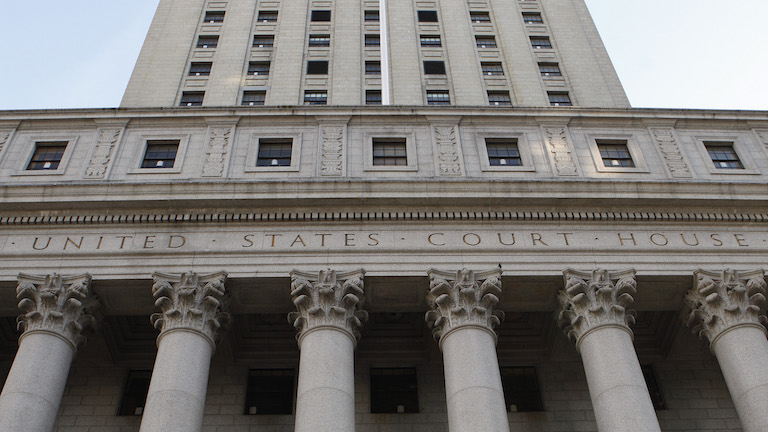Abstract: Under the standards established by the United States Supreme Court in Daubert v. Merrell Dow Pharmaceutical, Inc., 509 U.S. 579, 113 S. Ct. 2786, 125 L. Ed 2d 469 (1993) and its progeny, expert testimony offered to support the official theory and hypotheses concerning the cause of the destruction of World Trade Center Buildings 1, 2 and 7 (the WTC) on September 11, 2001 would probably be excluded from admission into evidence by an impartial judge in a civil or criminal proceeding. In contrast, expert testimony presenting an alternative theory and hypotheses explaining the cause(s) of the destruction of the WTC grounded in and adhering to accepted and reliable scientific principles using the scientific method would satisfy the Daubert test and would be admitted into evidence.
If a “Daubert hearing” were held to determine the admissibility of expert opinion evidence regarding the cause or causes of the destruction of the WTC, expert opinion testimony presenting the official theory would likely not satisfy the Daubert test of reliability and would be rejected by an impartial judge after a Daubert hearing as unsupported by science and the laws of physics and, thus, unreliable and inadmissible into evidence under the Federal Rules of Evidence. In that event, the official theory of the cause of the destruction of the WTC would not be presented to and considered by the trier of fact. Conversely, expert opinion testimony and related evidence presenting an alternative hypothesis explaining the cause(s) of the destruction of the WTC that are grounded in reliable scientific principles using the scientific method, or “good science”, would pass the Daubert test and would be admissible into evidence. Consequently, in a civil or criminal proceeding the ruling or verdict on the question of the cause or causes of the destruction of the WTC would be based only upon expert testimony and related evidence presenting an alternative theory or theories.
Read at The Journal of 9/11 Studies.


